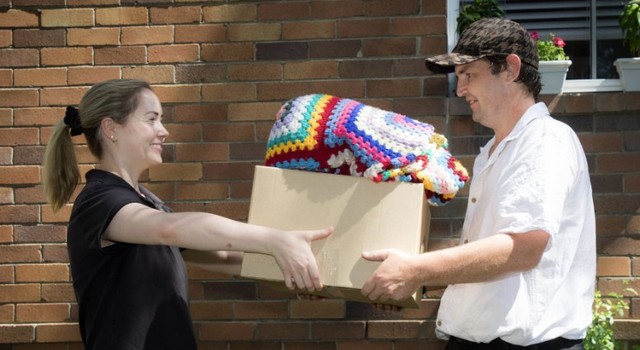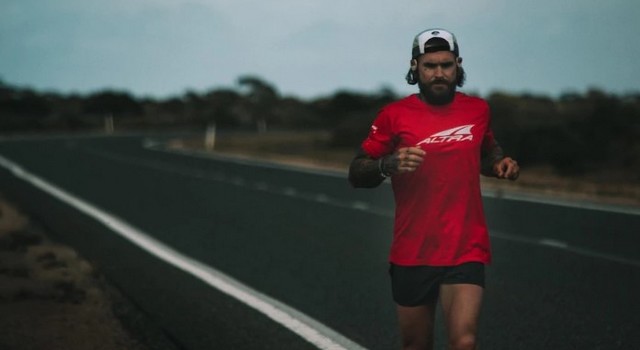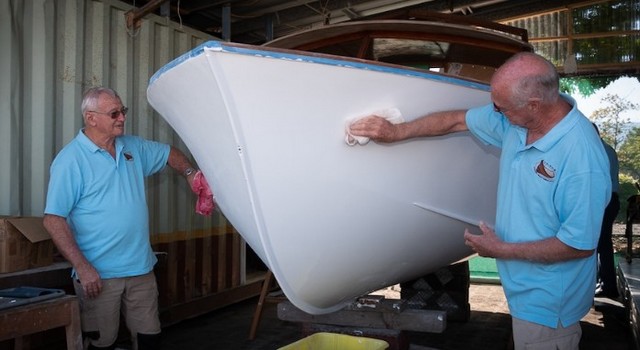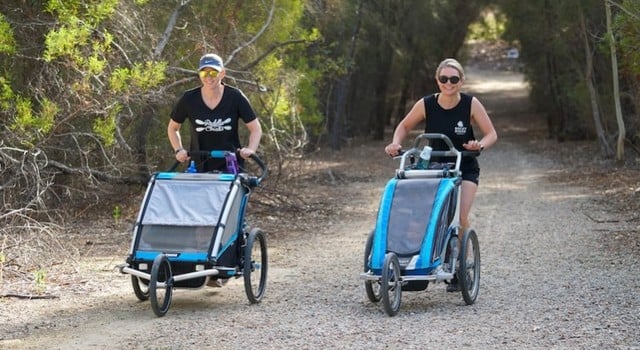When Nicole Lee threw a plastic cup of tea at a wall at the Northern Hospital in Melbourne’s Epping, by her own admission she had “lost touch with reality”, the Sydney Morning Herald reports.
Lee’s weight was dangerously low. She had fasted for two weeks and underwent emergency surgery after a self-harm incident. Her brain was starved, she says, and she tried to escape.
In response, two security guards shackled her arms and legs to a bed for six hours. The restraints remained fastened to the bed for the next three weeks, and were used multiple times when Lee became agitated.
“I’m not a big woman. I’m an incomplete quadriplegic. I don’t know why my legs were tied down,” Lee said. “It could have been avoided.”
Lee is president of People With Disability Australia and spends her days advocating for disability policy reform. Knowing the system, she was shocked by the hospital’s willingness to use force, and dismiss her concerns.
“One minute I’m being restrained, not listened to, gas-lit by a service,” she says. “A couple of weeks later, I’m in Canberra speaking with Bill Shorten on the NDIS.”
The Victorian government has committed to eliminating restraints in mental health facilities within 10 years. The Australian Medical Association opposes this, citing danger to healthcare workers. But Lee says nationally consistent and mandatory de-escalation training for all healthcare workers can reduce the need for restraints, protecting patients and staff.
Experts claim over-use of restraints remains prominent in Victorian hospitals, where under-staffing and poor training makes force the default option. In its recent annual report, the state’s mental health watchdog identified inappropriate use of restraints as a “significant concern”, with 52 complaints received in the year, most of which were from emergency wards.
FULL STORY
Nicole called an ambulance for help. She ended up shackled to a bed (Sydney Morning Herald)
PHOTO
Nicole Lee wants de-escalation training to be mandatory for all health workers. CREDIT:ROHAN THOMSON





